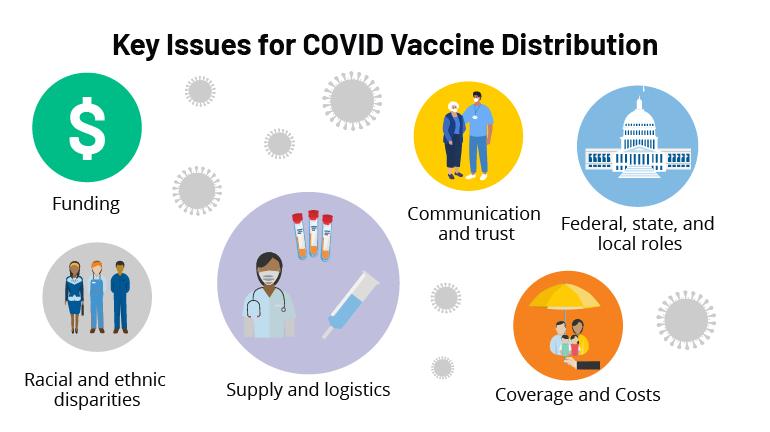As of mid-July 2021, the World Health Organization (WHO) has recorded more than 187 million cases of COVID-19, including more than 4 million deaths, worldwide.
The same data show that health authorities have administered over 3 billion COVID-19 vaccine doses so far. These vaccines have largely been allocated based on people’s susceptibility to contracting the virus and the risk of severe illness.
Several studies have shown that adverse outcomes from COVID-19 are linked to underlying health conditions, including cardiovascular disease, kidney disease, obesity, diabetes, and chronic obstructive pulmonary disease (COPD).

Other studies have found that socioeconomic factors, such as race and ethnicity and income influence COVID-19 case numbers.
Vaccines for COVID-19 are predicted to be in short supply for the near future. Finding better ways to allocate them could reduce adverse outcomes from the virus more effectively.
Scientists from Columbia University, in New York, recently conducted a study to understand whether allocating COVID-19 vaccines according to health and socioeconomic factors could reduce the number of deaths from the disease.
They found that health and socioeconomic factors can explain different death rates from COVID-19 across counties in the U.S. and that allocating vaccines according to these factors could improve vaccine rollouts.
The findings were published in PLOS Medicine.




